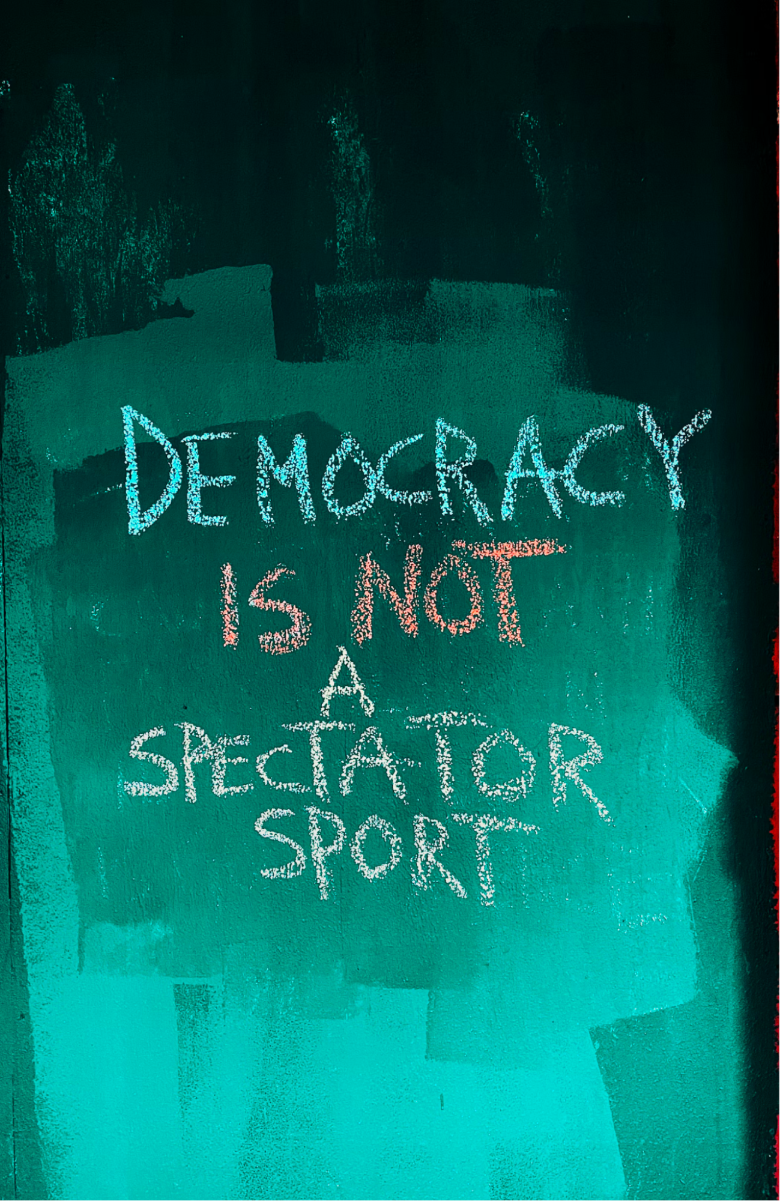
Analysis
The Budget Resolution of Dissolution
The U.S. House of Representatives 2025 continuing resolution to fund the federal government, which passed the House on Monday, includes substantial spending cuts, particularly targeting LGBTQ freedom, Medicaid and other social services, and potentially religious freedom which will have a profound impact on vulnerable populations and the thousands of organizations that support them.
The House continuing resolution is going to pose significant threats to the LGBTQ+ community, particularly targeting transgender individuals. Embedded within this budget are provisions that will severely restrict transgender rights and access to essential services.
A notable aspect of the budget is the inclusion of amendments that restrict funding for gender- affirming care. Specifically, the National Defense Authorization Act (NDAA) for Fiscal Year 2025, incorporated into the budget, which prohibits TRICARE (the military’s healthcare program), from covering gender-affirming treatments for minors. This provision affects an estimated 7,000 children of military personnel, limiting their access to medically necessary care and undermining the well-being of transgender youth within military families.
Furthermore, the budget reflects a broader agenda that seeks to curtail transgender rights. This includes efforts to redefine legal sex to exclude transgender identities and to revoke federal funding from institutions providing gender-affirming care. Such measures not only marginalize transgender individuals but also perpetuate stigma and discrimination, leading to adverse mental health outcomes and further threatening the safety of a group already under attack.
The implications of these budgetary decisions extend beyond healthcare. By embedding anti-transgender provisions within essential funding legislation, the budget effectively uses financial leverage to enforce discriminatory policies. This tactic threatens the autonomy of states and institutions that support transgender rights and sets a deeply concerning precedent for future legislation.
Lastly, the House continuing resolution includes a notable $1 billion reduction in Washington, D.C.’s budget. This significant cut, which constitutes approximately 16% of the district’s local funds for the remaining fiscal year, is expected to severely impact on essential services such as public safety, education and infrastructure projects. Mayor Muriel Bowser and other city officials have expressed deep concern, highlighting potential layoffs of police officers, firefighters, and teachers, as well as delays in critical infrastructure improvements. Essential services will disproportionately harm the most marginalized DC residents, including the trans community.
Many faith-based organizations provide essential services such as healthcare, education, and social support, often relying on federal funding to operate. Significant cuts to Medicaid and other social programs could hinder these organizations’ ability to serve their communities effectively.
Interfaith Alliance is calling on all pro-democracy advocates and supporters to stay vigilant and to continue fighting for justice and inclusion in lieu of this highly discriminatory budget resolution.
Jeffrey Jordan, II is a Policy Intern at Interfaith Alliance.
Transcript

Pluralism is Democracy in Action
On July 4, America will mark 250 years since the signing of the Declaration of Independence. That day in 1776, the nation’s founders put forward a bold vision for a new democratic experiment, one rooted in shared values, with power derived from the people rather than imposed by a monarch or religious authority:


